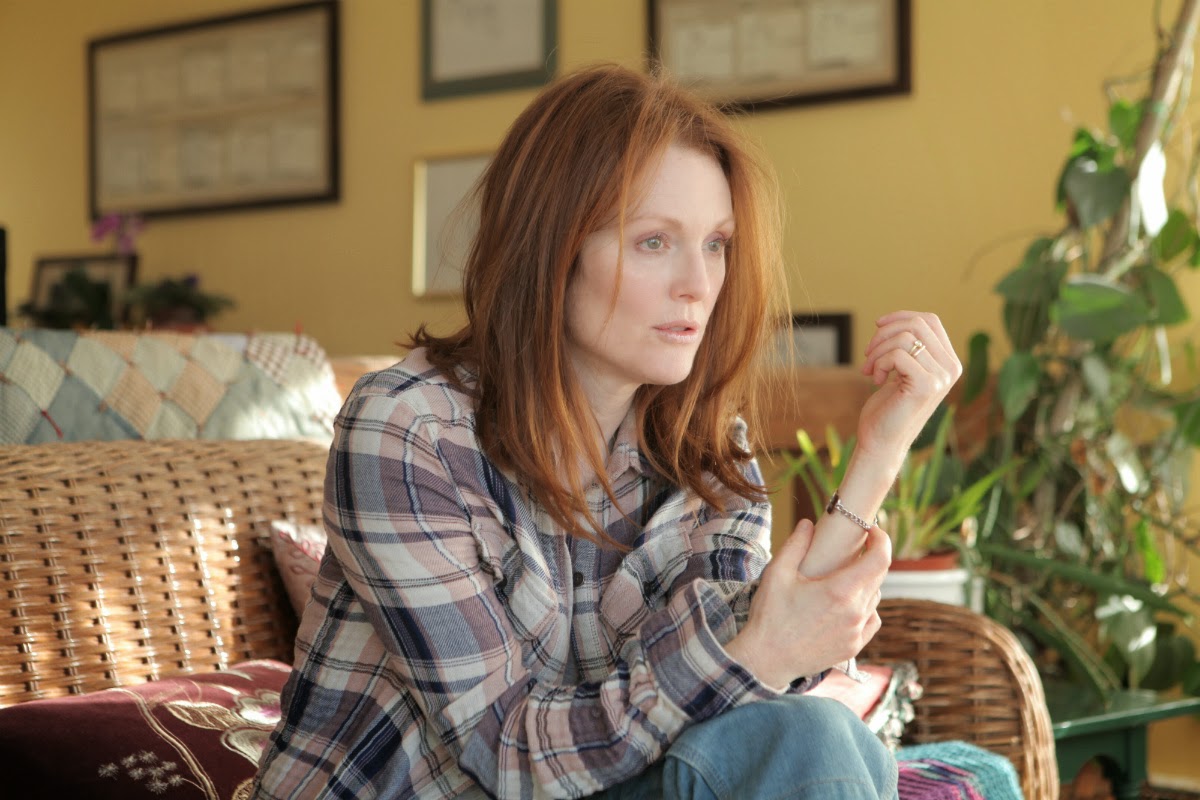By providing your information, you agree to our Terms of Use and our Privacy Policy. We use vendors that may also process your information to help provide our services. This site is protected by reCAPTCHA Enterprise and the Google Privacy Policy and Terms of Service apply.
SXSW: The 8 Best Things Christine Vachon Said at Her Keynote
Nigel M. Smith

READ MORE: Mark Duplass’ 8 Improvised Tips for Success in the Film Industry
Vachon doesn’t embrace the term ‘filmmaker.’
She has no problem with financiers requesting a producer credit on a project.
READ MORE: Watch: Award-Winning Writer-Director Ed Burns Shares Filmmaking Tips in Exclusive Video
The theatrical feature isn’t a thing of the past.
TV takes more risks now than film.
What the term ‘indie’ now means to Vachon.
READ MORE: How to Improve the Independent Spirit Awards: Top Producers Weigh In
“Walk through the doors that open for you.”
What being an entrepreneur means to Vachon.
Making films about women is still an uphill battle.

By providing your information, you agree to our Terms of Use and our Privacy Policy. We use vendors that may also process your information to help provide our services. This site is protected by reCAPTCHA Enterprise and the Google Privacy Policy and Terms of Service apply.

















